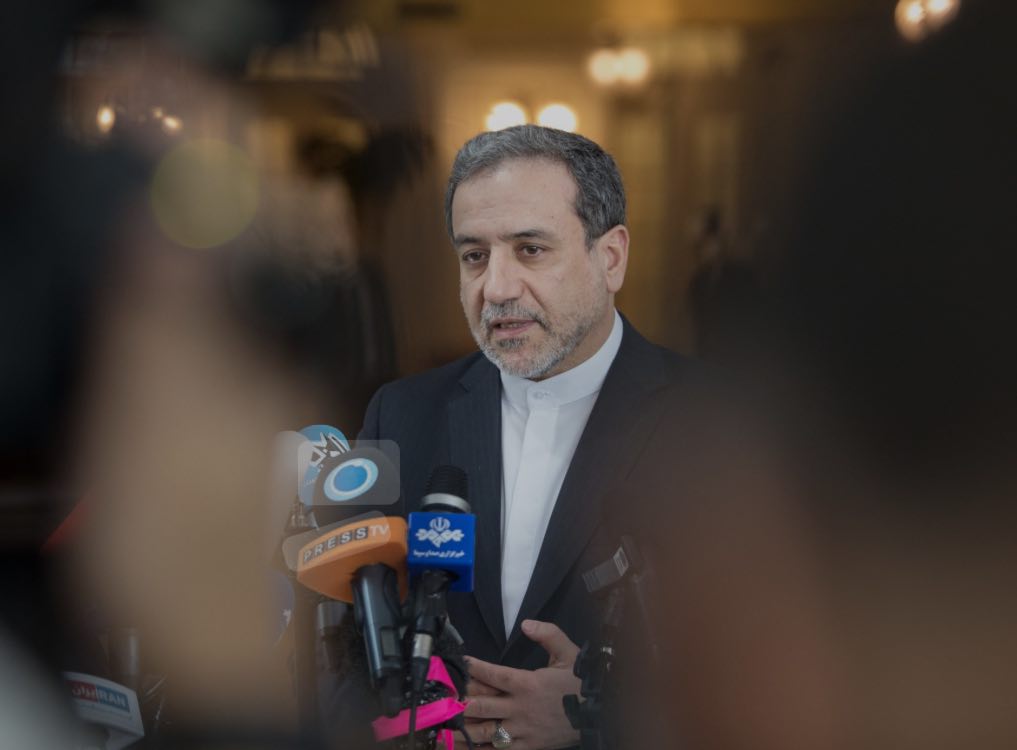Revolutionary yet Realistic
Revolutionary yet realistic, Abbas Araghchi, like his late predecessor Hossein Amir-Abdollahian, began his career as a political analyst at the Ministry of Foreign Affairs but quickly climbed to higher ranks.
Araghchi’s appointment should be considered a positive development at a time of high and increasing tension in the region.
In addition to his extensive experience in international affairs and nuclear negotiations, he has a strong revolutionary background that can somewhat protect him from domestic criticism.
Hossein Mousavian, former Iranian ambassador to Germany and spokesman for nuclear negotiations in the early 2000s, said in an interview that Araghchi is one of the most professional diplomats in the Foreign Ministry who enjoys an excellent reputation.
He has no affiliation with any political faction and is respected by the majority of them. Araghchi, a professional diplomat, held several important roles including Iranian ambassador to Finland from 1999 to 2003 and head of the Western Europe department at the Ministry of Foreign Affairs from 2003 to 2004, during which Iran first negotiated with the UK, France, and Germany about its nuclear program. He was promoted to Deputy Legal Minister of Foreign Affairs in 2005.
In 2008, he became ambassador to Japan and held this position until he managed Asian and Pacific affairs from 2011 to 2013.
Then, Foreign Minister Javad Zarif appointed Araghchi as his deputy in nuclear negotiations following the election of President Hassan Rouhani in 2013.
Araghchi, described by his American counterpart Wendy Sherman in her 2018 memoir as tough, determined, calm, and an expert on nuclear fuel cycle details, played a key role in negotiations that culminated in 2015.
The Joint Comprehensive Plan of Action (JCPOA) was signed between Iran, the permanent members of the UN Security Council, and Germany in the same year.
The Trump administration withdrew from the JCPOA in 2018 while Iran was fully adhering to the agreement, which exchanged sanctions relief for verifiable restrictions on Iran’s nuclear program.
Following the Biden administration’s efforts to revive the agreement in 2021, Araghchi led the Iranian negotiating team in Vienna.
It is said that he had a draft ready for signing; however, as Rouhani stated in June 2021 after leaving office, Araghchi was not given the authority to finalize the deal. Since leaving power, Araghchi has remained a staunch defender of the JCPOA and nuclear negotiations.
According to him, the agreement had three distinct advantages for Iran: firstly, it lifted sanctions.
Secondly, it legitimized Iran’s nuclear program, including uranium enrichment.
Thirdly, it neutralized the securitization project of Iran’s enemies, who portrayed the Islamic Republic as a serious threat to international peace.
Araghchi has taken a pragmatic stance regarding the United States.
In January 2024, he stated that as long as the Islamic Republic adheres to its revolutionary and anti-imperialist discourse, resolving fundamental issues with the U.S. is not possible, but differences can be managed.
He said, either abandon the anti-imperialist discourse, meaning you are no longer the Islamic Republic, or confront the U.S.
Therefore, solving the problem is not possible, but managing it is conceivable.
Despite his expertise, Araghchi is likely to face significant challenges in the Foreign Ministry. Iranian foreign ministers have even less influence than the U.S. State Department in shaping foreign policy.
They must constantly grapple with deep state institutions, especially the IRGC, which play a role in the decision-making process.
In 2021, Zarif referred to this as a struggle between diplomacy and the battlefield. Araghchi outlined his priorities in parliament, promising comprehensive, active, and effective diplomacy.
He has called for establishing a relationship based on mutual respect with Europeans and managing hostilities with the U.S., advocating for the honorable lifting of U.S. sanctions through targeted and serious negotiations.
Araghchi’s agenda, like many other Iranian officials, includes maintaining strong relations with China and Russia and expanding cooperation with emerging economies such as India, Indonesia, South Africa, and Brazil.

